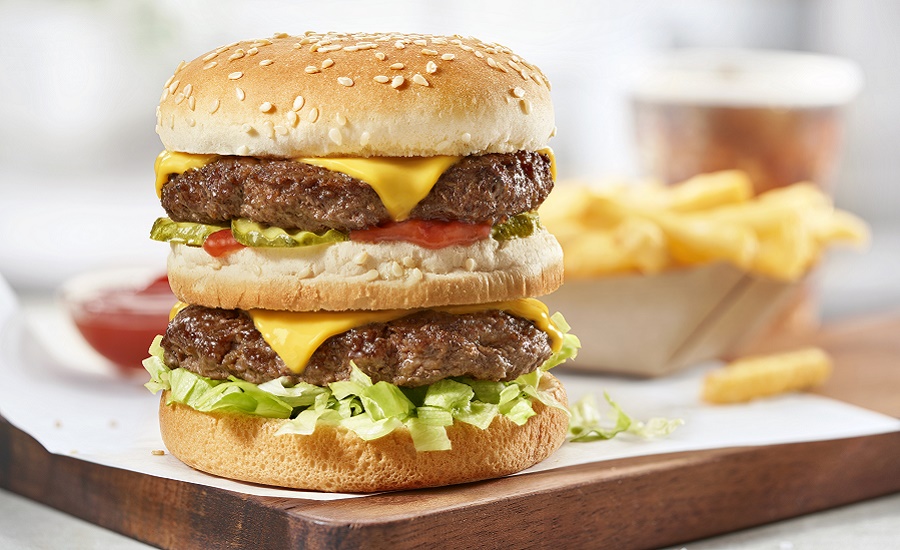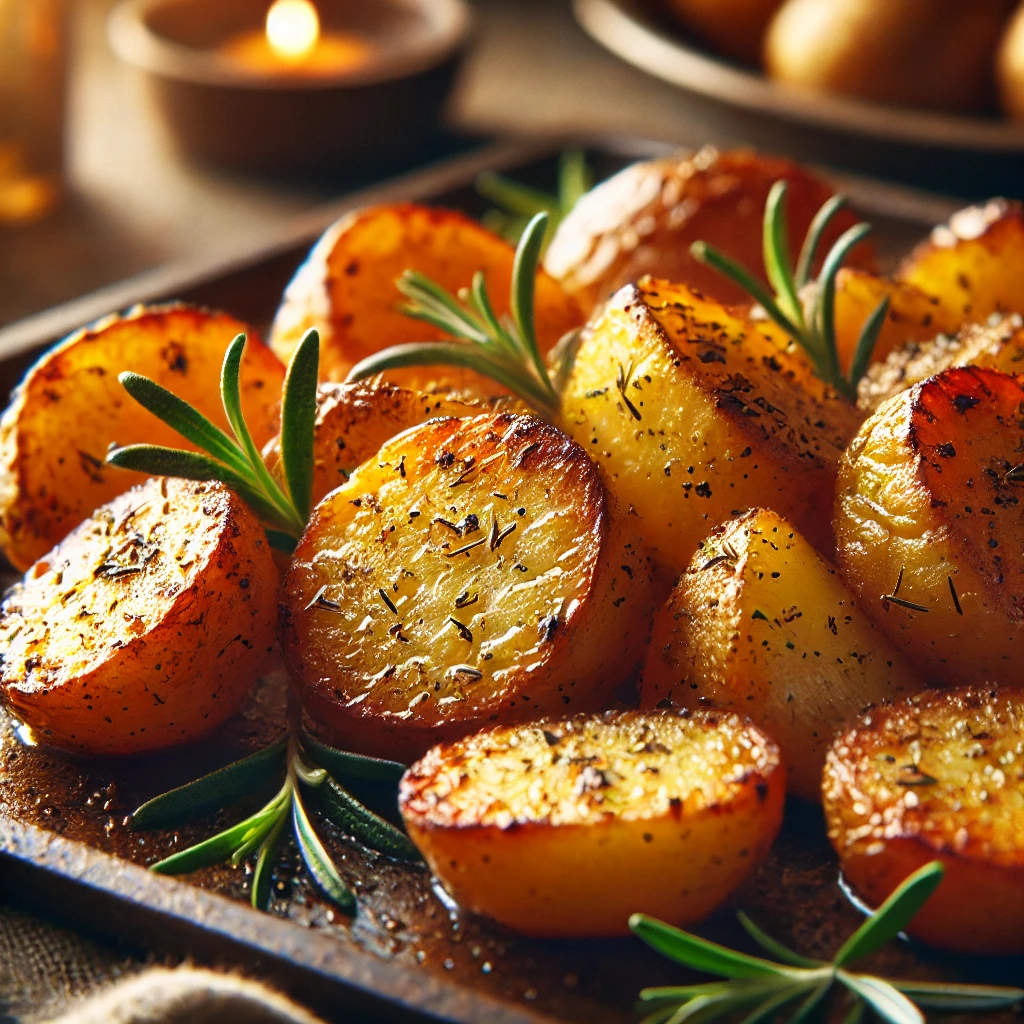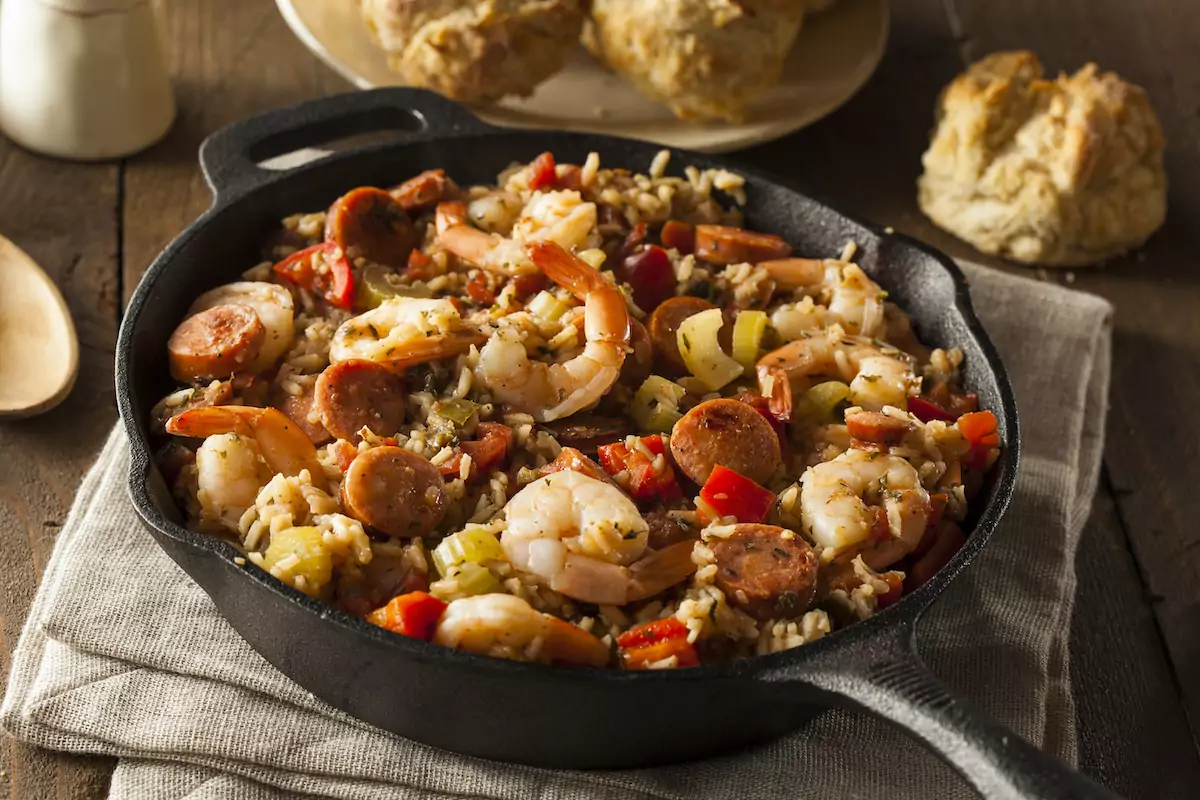Eggnog Cookies

These Eggnog Cookies transform your favorite holiday beverage into a delicious handheld treat! Eggnog flavored cookies with a rum sugar glaze.

You know, for someone who doesn’t care for eggnog in its pure form, I sure have thrown a lot of eggnog recipes your way over the holidays.
You guys loved my Eggnog Cheesecake Cookie Cups I decided to continue with the eggnog theme and make these delicious Eggnog Cookies!

Despite hating eggnog in its pure, thick, unappealing natural form, I actually love the flavor it gives to baked goods. Simply swapping out milk for eggnog in a recipe will really transform it and give it a perfect amount of spice and flavor.

How to Make these Eggnog Cookies
To make these cookies, I started with my very favorite chocolate chip cookie recipe. Seriously if you guys have not tried these you NEED to. So good.
I halved the recipe to make a smaller batch, and with a few quick additions and substitutions, these Eggnog Cookies were born.
I opted to put rum into both the cookies and glaze, but if you prefer them without or want to make them kid-friendly, you can use rum extract or vanilla extract instead. If you use extract, be sure to use the amount indicated in the recipe because it’s more concentrated than rum.
Cookie Tip
Be sure to use full-fat eggnog for this recipe. Low fat or alternate versions are too thin and will cause your cookies to spread too much.

Chill That Dough!
As with all cookie dough, I recommend chilling it for at least 3 hours. This helps the flavors meld but, more importantly, ensures your cookies won’t spread too much in the oven.
What I like to do is portion out all of the dough using a cookie scoop and place the dough on a lined baking sheet. You can crowd them at this point, as it’s just for chilling. With this technique, you only need to chill the dough for about an hour or so.
Once chilled, I roll each scoop into a ball to help ensure they bake up perfectly round in the oven. This isn’t a must-do, but I think it makes for prettier cookies.
Also, don’t crowd your cookie sheets! I found that when I baked fewer cookies per sheet, they turned out better. I did 10 medium (1 1/2 Tbsp) cookies per sheet.

These Eggnog Cookies are the perfect treat for your holiday table.
A bit of a kick from the rum for the adults (if you include it) or a festive sweet treat for the kids (young and old). The eggnog flavor really comes through, so if you like eggnog you will love these cookies!
Looking for More Holiday Cookie Recipes?
Tips for these Eggnog Cookies
- RECIPE REVISED DEC 16, 2020 – Some of you were experiencing super flat cookies with the original recipe so I’ve revised it and clarified some things.
- Don’t use low-fat eggnog. It’s not as thick and your cookies will bake up flat.
- I haven’t tried these with almond milk or soy milk eggnog so can’t say how they’ll turn out. If the eggnog is on the thicker side it should be ok!
- Be sure to chill your cookie dough or the cookies may spread too much. I like to portion the dough into balls first and then chill it in the fridge for a couple hours. If not portioning you’ll need to chill it for longer until it’s firm.
- I gently roll the chilled dough balls before baking to make them nice and round. They bake up prettier this way.
- The cookies are cakey when still warm but will settle and deflate into chewy (slightly cakey) cookies.

Eggnog Cookies
These cakey Eggnog Cookies transform your favorite holiday beverage into a delicious handheld treat!
Servings 20 cookies
Calories 133kcal
Ingredients
Rum & Eggnog Glaze:
- 1 cup powdered sugar
- 1 tsp rum or 1/2 tsp rum extract or 1/2 tsp vanilla
- 1 Tbsp eggnog
Instructions
Eggnog Cookies:
- In a medium bowl, whisk together flour, baking soda, salt, cinnamon, and nutmeg. Set aside.
- Beat butter and sugars on medium speed until pale and fluffy (approx. 2-3mins).
- Reduce speed and add egg yolk, eggnog, and rum. Beat until well combined.
- Add flour mixture and mix until just combined.
- Refrigerate cookie dough for at least 3 hours up to overnight.**
- Preheat oven to 350°. Line baking sheets with parchment paper or silicone mats.
- Using a medium cookie scoop (1 1/2 Tbsp), portion cookies onto your baking sheets. I did 10 cookies per sheet.
- Bake for about 9-11mins or until golden on the edges. Remove from oven.
- Let cool on pans for 2 minutes, then transfer onto wire racks to cool completely. ***
Notes
** I scoop my cookies before chilling, place them on a baking sheet, and pop the sheet into the fridge for a couple hours. I find it’s easier than trying to portion cold dough and you won’t need to chill as long. I also roll them into more rounded balls once chilled.
*** The cookies are cakey when still warm but will settle and deflate into chewy (slightly cakey) cookies.
RECIPE REVISED DEC 16, 2020 – Some of you were experiencing super flat cookies with the original recipe so I’ve revised it and clarified some things.
Calories: 133kcalCarbohydrates: 20gProtein: 1gFat: 5gSaturated Fat: 3gCholesterol: 24mgSodium: 78mgPotassium: 20mgFiber: 1gSugar: 13gVitamin A: 161IUVitamin C: 1mgCalcium: 12mgIron: 1mg
The nutritional information and metric conversions are calculated automatically. I cannot guarantee the accuracy of this data. If this is important to you, please verify with your favorite nutrition calculator and/or metric conversion tool.






